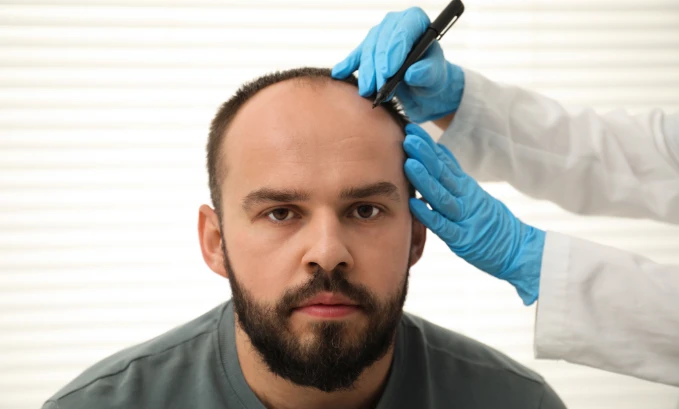
Estrogen is a hormone partly responsible for sexual and organ development. It’s commonly referred to as the female sex hormone, but it’s actually present in male bodies as well, albeit in smaller amounts. For female bodies, estrogen is the primary hormone responsible for puberty, controlling the growth of breasts, pubic hair, and menstrual cycles. The main source of estrogen in the female body is the ovaries, while males get it from their adrenal glands and testes. Estradiol is the prevalent form of estrogen that males can produce. While many people are familiar with estrogen’s roles in female bodies, the subject can seem a little vague from a male standpoint.
To help clear the picture, we’ll be tackling the effects of estrogen in the male body, and how its imbalance can be problematic.
Side Effects of Low Estrogen Levels for Males
Combating high estrogen levels as a male may be easier when it’s compared to battling lower levels. Since males are predisposed to already produce small quantities, it’s often the case that simple imbalances in their diet and lifestyle can decrease the already low supply of estrogen produced. Osteoporosis, a disease that causes a reduction in bone density, is one of the many dangerous conditions that can develop from the lack of estrogen in the body. Anti-osteoporotic agents that specifically increase estrogen are used to offset these effects to ensure the maintenance of hormonal balance in the male body. According to recent research, low estrogen levels are also linked to a high risk of heart disease, which is why ensuring its balance is important for males predisposed or prone to heart conditions.
What Causes Low Estrogen Levels in Males?
Some diseases directly affect estrogen production in males, such as Addison’s disease and hypoparathyroidism, which are autoimmune conditions. A male can still be genetically prone to disorders like the Turner or Klinefelter syndromes that make it hard for the body to maintain a balance of hormones. Sexually transmitted diseases like mumps can be a cause of concern when they’re not treated properly. Males that are not careful with their dietary conditions by not getting proper amounts of vitamins and nutrients, in addition to overeating, may already be suffering from low estrogen levels.
Side Effects of High Estrogen Levels in Males
The two types of estrogen that are abundant in male bodies are estrone and estradiol. Having lower or higher levels of either type of estrogen can cause issues. For adult males, estrone should be within 10 to 60 picograms/ml, while estradiol should be between 10 to 40. Having higher than normal estrogen levels can lead to a few problematic conditions.
- Infertility: Since estrogen is essential to the sperm production process, high levels can make it hard for your body to produce healthy sperm.
- Erectile dysfunction: Since both testosterone and estrogen are responsible for sexual function, an imbalance can cause males to suffer from the inability to get erect, especially if they’re already battling low testosterone levels.
- Gynecomastia: It’s a condition that allows male breasts to develop further beyond their normal course, increasing the amount of fat tissue in the breasts.
- Slow growth: Males suffering from high estrogen will most probably experience delayed puberty, in addition to a short stature.
While these aren’t all the symptoms of high estrogen levels in males, they are the most pronounced ones. It’s also common to experience low sex drive, fatigue, hair loss, reduced muscle mass, lower bone density, and trouble focusing.
What Causes High Estrogen Levels for Males?
To function properly, the male body produces high amounts of testosterone while limiting the production of estrogen to lower levels. There are some medications and natural herbs that can increase estrogen to problematic levels, such as some antibiotics, ginseng, and phenothiazines. Low testosterone levels can also cause an imbalance in estrogen production, increasing it to reach dominant levels that affect the male body negatively.
How are Estrogen Levels Diagnosed?
Whether you suspect you have low or high levels of estrogens, you shouldn’t begin treating it on your own if a doctor hasn’t diagnosed you yet. Doctors will often have you take a blood test which can determine whether you have high or low levels of estrogens; it takes from 1 day to a week to get the results. If your estrogen and testosterone levels are fine, the doctor will begin approaching your problem from a symptomatic approach.
A lot of men have a common misconception that estrogen is always a bad thing for their bodies. But the truth is that estrogen is responsible for many male-specific functions; lowering it in favor of the production of more testosterone can be a recipe for disaster. So always make sure that your diet contains enough nutrients to keep your hormones balanced.











